The Difference Between Heat Pumps, Furnaces, and Boilers
As winter approaches, it’s essential to understand the heating systems available to keep your home warm and comfortable. With so many options on the market, deciding between heat pumps, furnaces, or boilers can be overwhelming. These systems all have their own benefits and drawbacks, and each is better suited to different climates, home types, and preferences. In this blog, we’ll break down the difference between heat pumps, furnaces, and boilers so you can make an informed decision about what will work best for your home.
Heat Pumps: The All-in-One Solution
Heat pumps are highly versatile heating and cooling systems that both heat and cool your home. They work by transferring heat rather than generating it directly. In the winter, heat pumps extract heat from the outside air and bring it indoors to warm your home. In the summer, the process is reversed, and the heat pump acts like an air conditioner by removing heat from inside your home and releasing it outside.
One of the primary benefits of heat pumps is their energy efficiency. Because they don’t generate heat through combustion (like a furnace), they can provide up to three times more heating energy than the electrical energy they consume. This makes them an environmentally friendly choice that can significantly reduce your energy bills. However, heat pumps can struggle in frigid temperatures because they rely on external air to extract heat. In regions with harsh winters, a backup heating system might be necessary.
Heat pumps are generally quieter than furnaces and boilers and offer year-round comfort. The upfront cost of a heat pump system can be higher than other heating options, but it often pays off in the long term through lower operating costs. Additionally, since heat pumps can be used for both heating and cooling, they eliminate the need for separate systems, saving on installation and maintenance costs.
Furnaces: The Most Common Heating System
Furnaces are one of the most common heating systems in homes across the U.S. They work by blowing heated air through ducts to warm the interior of the house. Furnaces can run on various energy sources, including natural gas, propane, oil, or electricity. Gas-powered furnaces are the most popular due to their efficiency and relatively low operating costs, but electric furnaces are also available in homes that don’t have access to gas.
Furnaces work by burning fuel to create heat. The heat is then distributed throughout your home by a blower fan that circulates the heated air. The heated air is pushed through ducts and released into your living spaces through vents.
One of the major advantages of furnaces is their ability to quickly heat a home, even in very cold conditions. This makes them an excellent choice for colder climates, as they can maintain consistent temperatures even in sub-zero conditions. However, furnaces require a ductwork system, and their efficiency depends on the condition of the ducts. Leaky or poorly insulated ducts can lead to energy loss and higher heating costs.
Gas furnaces are generally more energy-efficient than oil ones, with electric furnaces generally being the most expensive to operate. One downside to furnaces is that they can create uneven heating in some parts of the house, especially if the ductwork is poorly designed. They also produce dry air, which can make the indoor environment feel less comfortable, especially during the dry winter months.
Boilers: Radiant Heat for Consistent Comfort
Boilers are heating systems that use hot water or steam to heat your home. The system works by heating water in a central boiler unit which is circulated through pipes and radiators or underfloor heating systems. The heat is released into the room, warming the air and objects in the space through radiant heat. Unlike forced-air systems, like furnaces, which heat the air directly, boilers rely on the transfer of heat to the surrounding surfaces.
One of the key benefits of a boiler system is the consistent, comfortable warmth it provides. Since hot water or steam is circulated through pipes and radiators, the heat is evenly distributed across your home. There are no issues with drafts or cold spots, and the heating tends to be more even throughout the day. Additionally, because a boiler doesn’t use air to transfer heat, it doesn’t dry out the air, making it a good option for people with respiratory issues or allergies.
Boilers are also very efficient, especially if you have a modern condensing boiler that can capture and reuse heat that would otherwise be lost. Because they don’t rely on ductwork, boilers are ideal for homes that don’t have space for vents or for those who prefer a quieter heating option. Boilers tend to be more expensive to install initially, especially if you don’t already have a system in place. The cost of installation and maintenance can be higher than furnaces or heat pumps, but the long-term benefits can make up for it, especially in colder climates.
Which System Is Right for You?
Choosing between heat pumps, furnaces, and boilers depends on several factors, including climate, budget, and personal preference.
- Heat Pumps are best suited for mild to moderate climates, where they can efficiently heat and cool your home year-round. They’re great for those who want an eco-friendly, energy-efficient system that can handle heating and cooling needs in one unit.
- Furnaces are ideal for colder climates and homes that need rapid heat. If you live in an area with extreme winter conditions, a furnace may be the most reliable and effective option. Gas-powered furnaces tend to offer the best combination of efficiency and affordability.
- Boilers are a great option if you want consistent, radiant heat and have the space for a system of pipes and radiators. They’re excellent for homeowners who want a comfortable, energy-efficient solution with less dry air and more even heating.
In conclusion, each heating system has its advantages and drawbacks. By considering your climate, home size, and preferences, you can choose the right system that will keep you warm and comfortable throughout the winter months. One thing you can do to protect your heating system investment is to periodically inspect it to make sure that it’s working properly and, in the case of a furnace make sure the ducts are clear and not leaky.
CMS Home Inspection is always ready to come inspect your heating system. It’s wise to periodically inspect your whole house so that, as a homeowner, you’ll be able to stay on top of your home’s maintenance.

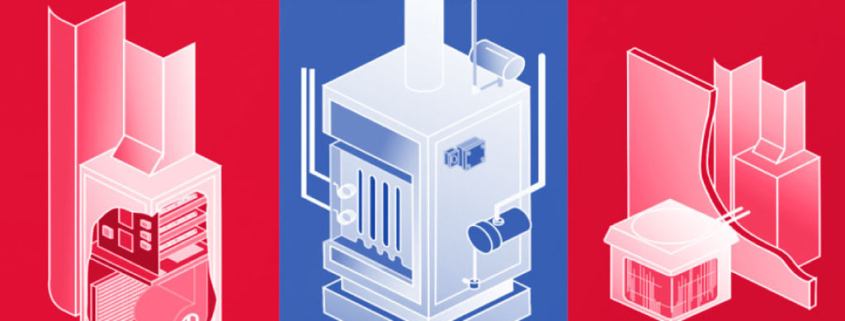
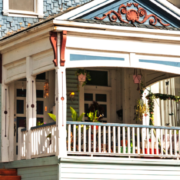

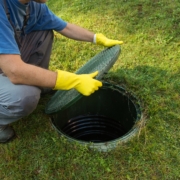

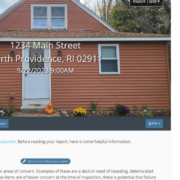

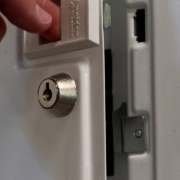
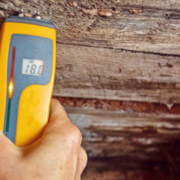


Leave a Reply
Want to join the discussion?Feel free to contribute!